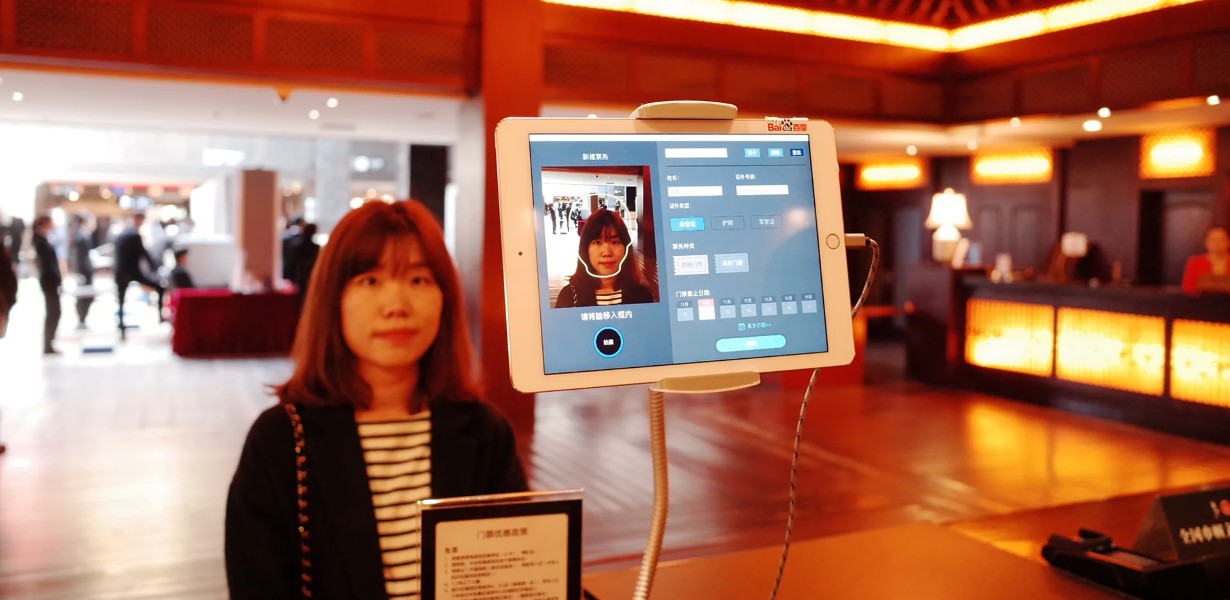
In the ever-evolving world of hospitality, convenience and security have become paramount. Travelers today seek a seamless check-in process, and the hospitality industry has responded with innovations that are changing the game. One such innovation is biometric check-ins, which offer not only a heightened level of security but also unparalleled convenience. In this blog, we delve into the future of motel stays, where biometric check-ins are set to redefine the guest experience.
The Evolution of Check-Ins
Traditional Check-Ins vs. Biometric Check-Ins
The traditional check-in process involves standing in line at the reception desk, filling out forms, and presenting identification documents. It can be time-consuming and often lacks the efficiency modern travelers crave. Biometric check-ins, on the other hand, use unique physical or behavioral attributes to verify guest identity. This can include fingerprint scans, facial recognition, or even iris scans.
Enhanced Security
Biometric check-ins offer a high level of security that is difficult to replicate. Unlike traditional methods where key cards or identification documents can be misplaced or stolen, biometric data is unique to each individual. This makes it exceptionally secure and minimizes the risk of unauthorized access to rooms.
Convenience Redefined
Swift and Contactless Check-Ins
One of the primary advantages of biometric check-ins is the speed and contactless nature of the process. Guests can complete their check-in within seconds, simply by scanning their biometric data. This not only saves time but also reduces physical contact, an important consideration in the post-pandemic world.
Guest Profiles and Personalization
Biometric systems can store guest profiles, enabling motel staff to offer a more personalized experience. Imagine arriving at a motel, and it already knows your preferences, such as room temperature or favorite amenities. This level of personalization enhances the overall guest experience.
Overcoming Challenges
Privacy Concerns
While biometric check-ins offer numerous benefits, they also raise concerns about guest privacy. Motels and hotels must be transparent about how biometric data is collected, stored, and protected. Ensuring compliance with data protection regulations is crucial.
Technological Investment
Implementing biometric check-in systems requires a significant technological investment. Motels must not only install the necessary hardware but also provide staff training. However, the long-term benefits in terms of improved guest experience and security outweigh the initial costs.
Budget Motels Embrace Biometrics
Leveling the Playing Field
Biometric check-ins are not exclusive to upscale hotels. Budget motels, in particular, can benefit from this technology. By offering a secure and convenient check-in process, they can compete with larger establishments and attract more tech-savvy travelers.
User Experiences with Biometric Check-Ins
We reached out to travelers who have experienced biometric check-ins at budget motels. The feedback was overwhelmingly positive. Many cited the speed and convenience as game-changers, while some praised the added security. A common sentiment was that they felt their motel stay was not only budget-friendly but also future-ready.
Final Words
Biometric check-ins are poised to transform the motel industry, offering a seamless, secure, and highly personalized guest experience. While challenges such as privacy concerns and initial investments exist, the long-term benefits are clear. Budget motels, in particular, can gain a competitive edge by embracing this technology. The future of motel stays is here, and it’s biometric.
Commonly Asked Questions
1. Are biometric check-ins safe?
Biometric check-ins are considered safe and secure due to the uniqueness of the biometric data used for verification. However, motels must ensure proper data protection and privacy measures are in place.
2. What types of biometric data are used for check-ins?
Biometric check-ins can use various data, including fingerprints, facial recognition, and iris scans. The choice of data may vary from one motel to another.
3. Can budget motels afford biometric check-in systems?
Budget motels can indeed afford biometric check-in systems. While there is an initial investment, the long-term benefits in terms of guest satisfaction and competitiveness make it a worthwhile choice.
4. How does biometric check-in enhance guest experience?
Biometric check-ins enhance the guest experience by offering swift and contactless check-ins, personalization based on guest profiles, and an overall sense of security.
5. What should guests consider when using biometric check-ins?
Guests should ensure they understand how their biometric data is being used, stored, and protected by the motel. It’s essential to read the motel’s privacy policy and ask questions if any concerns arise.
Advertisement








